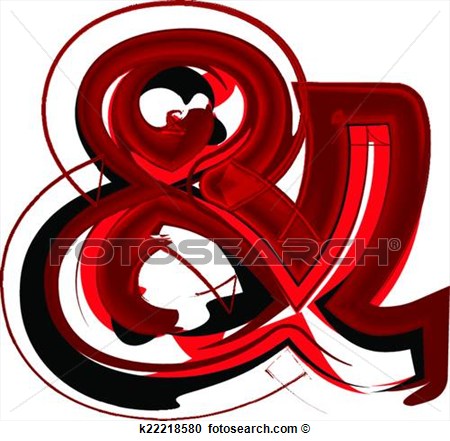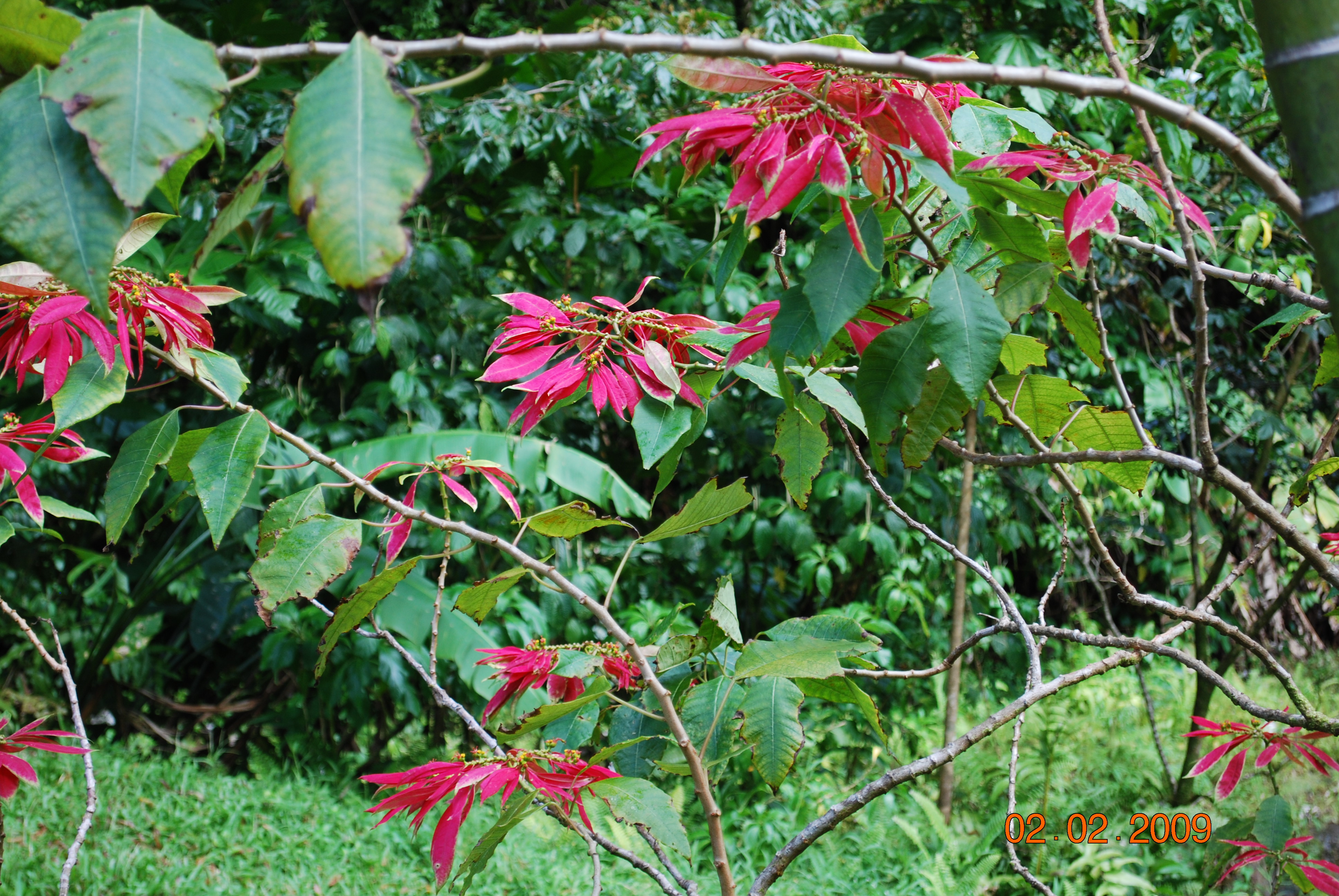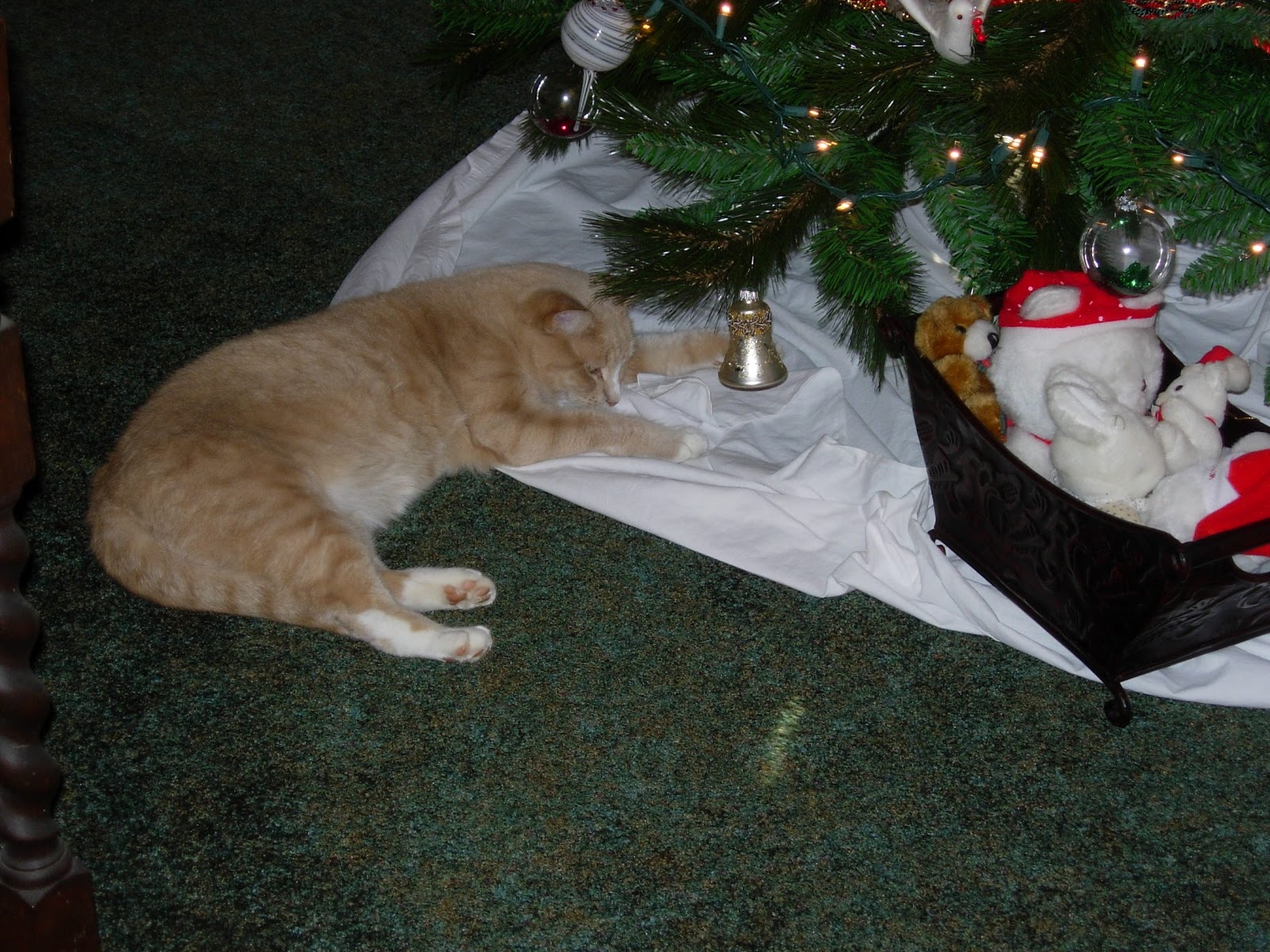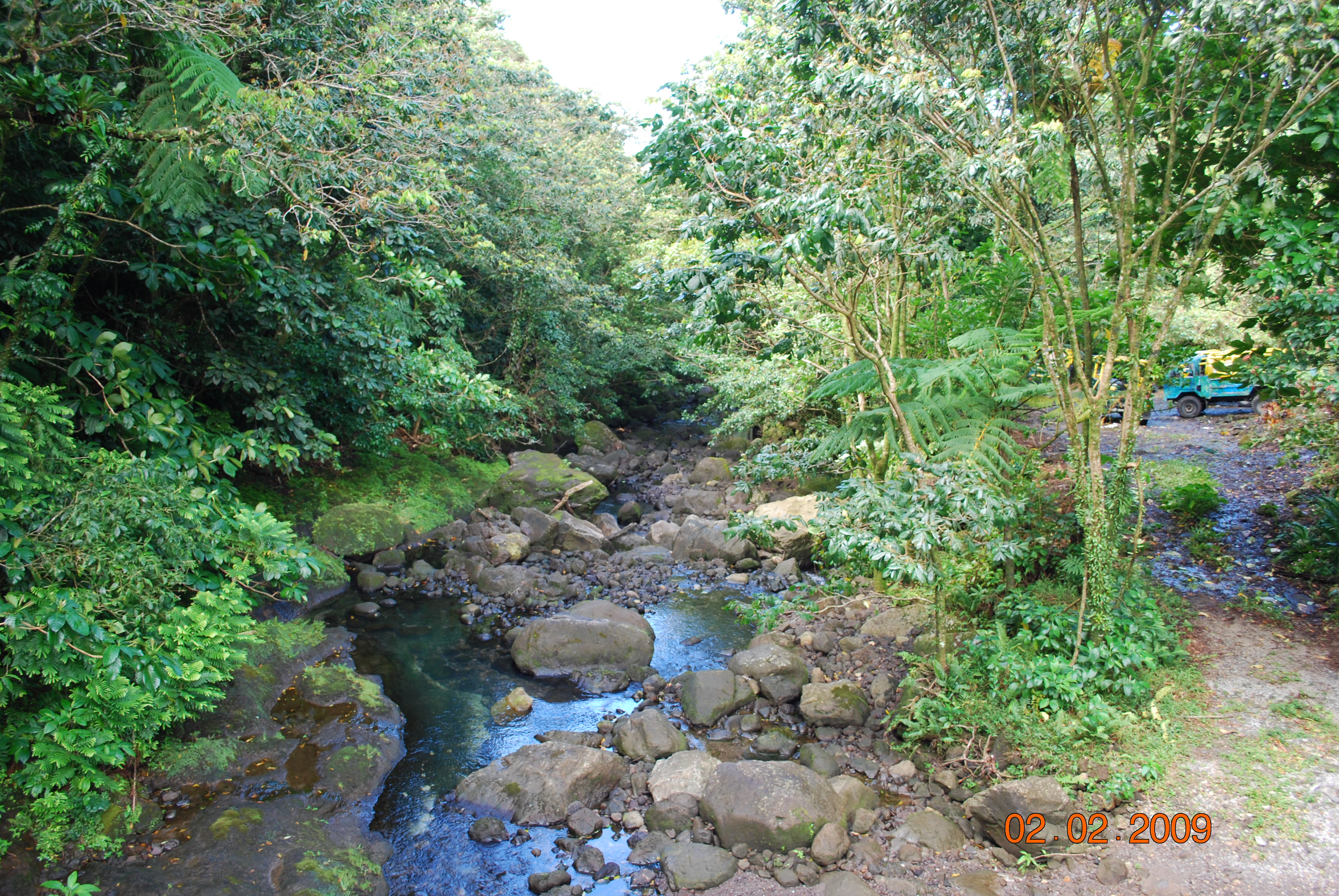We’ve all seen the tee-shirt: “Let’s eat Grandma. Let’s eat, Grandma. Commas save lives.” And every writer is familiar with the bugaboo of the Oxford comma. To “Oxford” or not. Have you ever really looked at some of our punctuation symbols? Some are really funny.
Take the ampersand. It’s not technically a punctuation mark, rather than a symbol of something else. Small circle on top of small circle with a forward-facing tail. It’s kind of cute, in a silly sort of way. It’s oh-so-useful in corporate logos (think AT&T, BB&T Bank, etc.) It’s monstrously useful in tweets and text, saving two spaces every time it’s used. It doesn’t work at all in a website address. URLs don’t like ampersands. It is a short cut for the word “and.”
Which brings me to the real subject of this post. &, or and, is one of the most positive pieces of punctuation you can use. Because it stands for a word, it is inclusive. John and I went to the store. It creates a sense of partnership, or a link between two people or things. &’s opposite has no particular symbol. &’s opposite is “but.” Negative, not inclusive, negative. Oh, wait, I already said “negative.”
Listen to how people speak. “I really like Jessie, but I don’t think I want to hang out with her.” A positive followed by a negative setting up a conflict of feelings. What would happen if the speaker said, “I really like Jessie, and I don’t think I want to hang out with her”? Bad example. Let’s try this: We all need to work together, but no one has a way to do that. You’d have to rephrase the second half to make it a dual positive: We all need to work together, and we need to find a way to do this. I’m more receptive to the second phrasing, because it invites me to think of a way to work together.
Our politicians, our teachers, our news anchors all seem to be in love with “but.” I wonder what would happen if those who speak to us all the time banished the word “but” from their vocabularies and kept “and” instead. Would I think they were inviting me into their circle of thinking? Would I respond more positively to the message? Would I be more willing to stand with them rather than against them? Probably, but it would never happen. (Probably, and it would never happen sounds odd.) We as humans are more likely to sound negative than we are to sound inclusive and positive. I don’t know why that is, and I wish someone could explain it to me.
I may challenge myself to write my next short story after I ban “but” from my computer. I wonder if it wouldn’t be better. It would be different. I might sound too saccharine, or I might win some people to my side. Then again, I might bore myself to death. We might not ever know, but if I try this experiment, I’ll let you know.
Happy Ampersand Day, August 8, 2016.
###
Betsy Ashton is the author of Mad Max, Unintended Consequences, and Uncharted Territory, A Mad Max Mystery, now available at Amazon and Barnes and Noble. I’m really excited that the trade paper edition of Uncharted Territory was released this week. Please follow me on my website, on Twitter, Facebook and Goodreads.






0 Comments